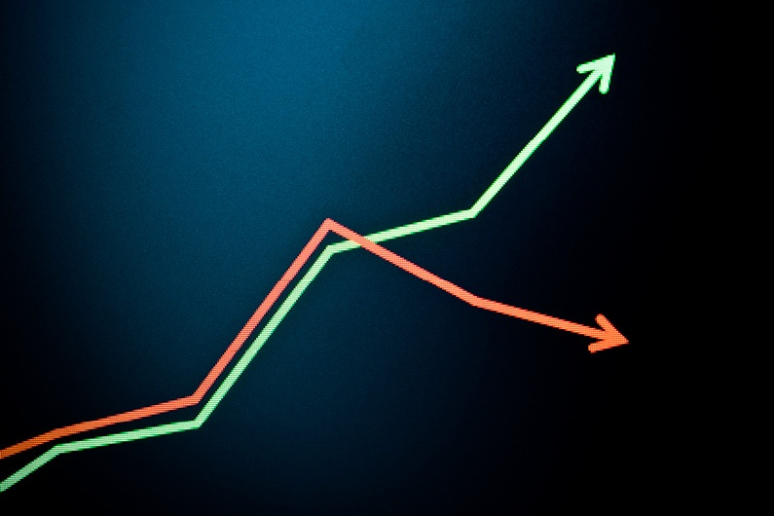Before filing for bankruptcy, it’s important to weigh all of your options. The type of bankruptcy most suited to your needs, and whether bankruptcy is even a good idea, is highly dependent on the particulars of your situation. What types of debt do you have? What is your end goal? Will bankruptcy help you? And do you qualify to file?
There are many factors to consider. For example, certain debts are not wiped out in bankruptcy. Some of these “priority obligations” include alimony, child support, and most income taxes. If the majority of your debt consists of priority obligations, bankruptcy may not be your best option. If, however, your debt is comprised mainly of obligations that can be discharged through bankruptcy, you can move to step two: considering which type of bankruptcy is best for you.
Chapter 7 or Chapter 13?
Individuals typically file for one of two types of bankruptcy: Chapter 7 or Chapter 13. To qualify for Chapter 7, you must pass the “bankruptcy means test,” which is dependent on your income being below a certain level. If you are ineligible for Chapter 7, Chapter 13 may work for you. However, to qualify for Chapter 13, your debts may not exceed a certain amount. An experienced bankruptcy attorney can help you determine if you qualify to file, and which type of bankruptcy is best suited to your unique needs.
Means testing and income
The majority of individual debtors are required to complete this test to determine if they are eligible to file Chapter 7 bankruptcy. On this form, you will enter your income and expense information. Although some of this information can come from your personal records, such as monthly income, other details will need to be obtained from the Internal Revenue Service (IRS) and the Census Bureau.
The purpose of the means test is to reserve Chapter 7 bankruptcy for individuals who simply cannot pay their debts. To calculate this, the means test deducts certain expenses from your monthly income to determine your disposable income, otherwise known as the amount that is left over. If your disposable income is too high, you may be required to file Chapter 13 bankruptcy instead. But what level of disposable income is too high? These figures are based on the median income of your state. “Under heavy pressure from the credit card lobby, Congress passed bankruptcy reform in 2005 with the goal of making it more difficult for consumers to file for Chapter 7 bankruptcy and wipe out all their credit card debt,” writes California bankruptcy firm Borowitz & Clark. “In order to automatically qualify, the debtor must make less than a California family of the same size over the last six months. If the debtor makes more, they must pass the means test in order to file for Chapter 7. The means test deducts your expenses from your income to determine whether you have enough income to fund a Chapter 13 plan. If you have enough disposable income, you won’t qualify for Chapter 7.”
If your disposable income is higher than your state’s median income, you fail the means test. What this means, essentially, is that you will have to use a portion of your disposable income to pay back some or all of your creditors. The means test is only necessary for consumer debts. If your debts are primarily of a business nature, you will not need to take the test.
There are some means test exceptions, however. It is possible to fail the test, but still qualify to file Chapter 7. An experienced bankruptcy attorney can help you determine your rights and options, as well as how to proceed.
Consider the pros and cons
There are benefits and disadvantages to both types of bankruptcy. In Chapter 7, most of your unsecured debt will be discharged and the entire process is relatively quick. If you wish to keep your property, however, Chapter 13 may be a better option. Under Chapter 7 bankruptcy, you may lose some of your assets for the purpose of satisfying certain debts. In addition, if you are in foreclosure, Chapter 7 can only stall the process temporarily; if you can’t get current on your mortgage, you will lose your home.
Chapter 13 bankruptcy, on the other hand, involves a payment plan. Rather than discharging all of your debt, you will pay back your creditors, partially or fully, through a three- or five-year payment plan. This can be very useful if you are in foreclosure, as your past payments can be spread out over a five-year period. However, if you just want to get rid of some unsecured debt, you’re better off filing Chapter 7.
Get help
Bankruptcy can be an emotional process. An experienced bankruptcy attorney can help you make the right decision quickly and efficiently so that you can begin rebuilding your financial future.
 By Amy Carst,
By Amy Carst, 

